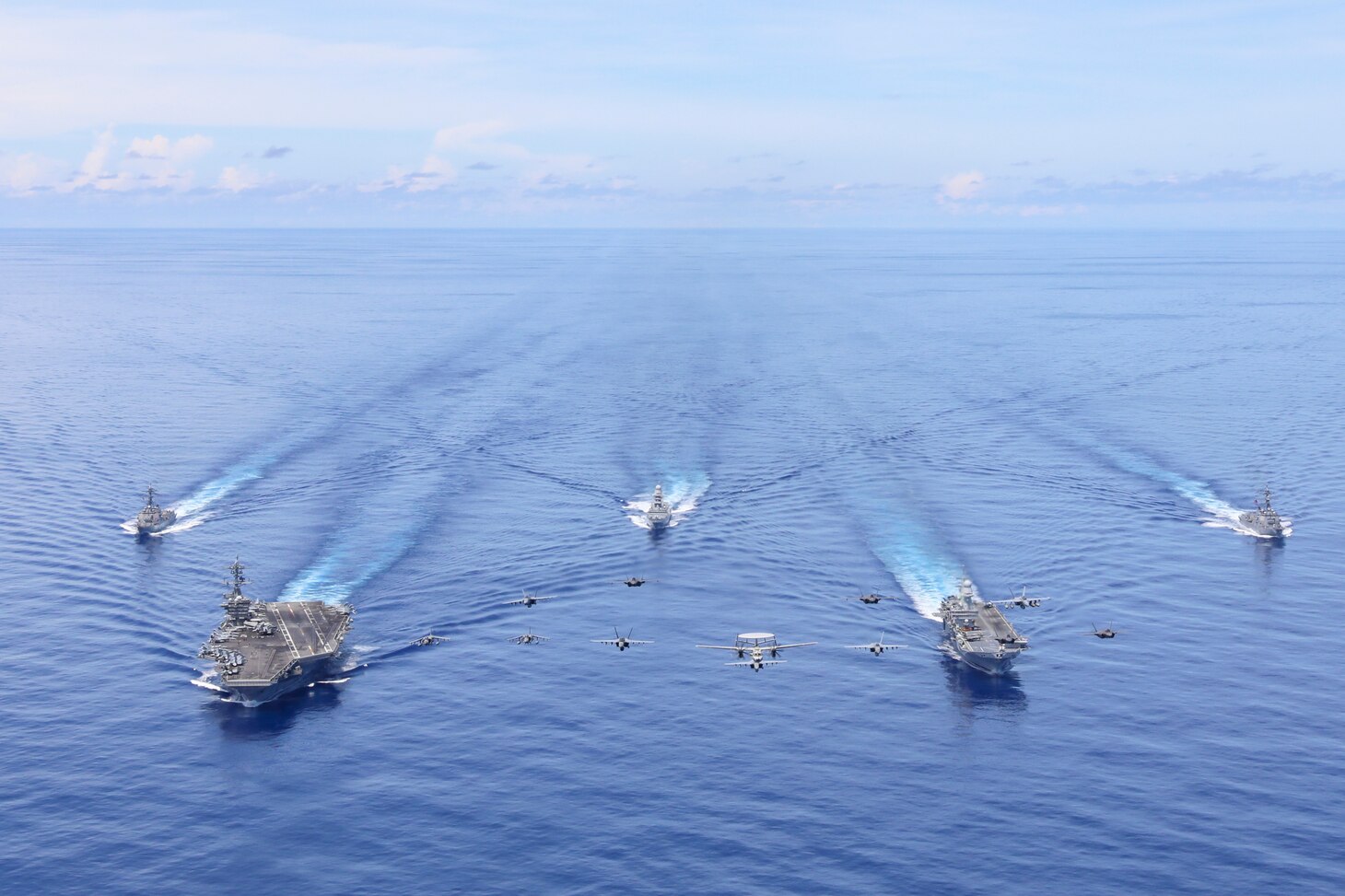China Has Ambitions That Go Well Beyond Taiwan
Elbridge Colby co-founded and serves as the leader of The Marathon Initiative, a Washington-based corporate think container. The author of” The Strategy of Denial: American Defense in an Age of Great Power Conflict” was formerly the deputy assistant secretary of defense for strategy and force development for the United States.
These days, there is a lot of discussion about whether the United States and important friends like Japan and Australia may pledge to defend Taiwan from Chinese disorders. Many people are unsure if it wouldn’t be simpler and safer to simply slash off Taiwan. After all, it is a tiny island that is located far from America and around to China.
However, it would not be wise for the United States, Japan, and their allies to assume that China may be satisfied if they left Taiwan. Instead, we ought to recognize that China has aspirations that go far beyond the beach.
How do we know? One measure is Beijing’s’s outspoken and aggressive language, as well as Xi Jinping, the president of China. The fact that China is expanding its armed forces and military presence worldwide, however, is the most compelling reason to worry that Beijing’s’s ambitions go far beyond Taiwan.
The most trustworthy indication of a state’s’s future behavior in the international security industry may be how its army develops. Ultimately, this is due to the fact that creating sizable military forces is costly, requires years of planning and careful execution, is a top-down, state-led endeavor, and can result in very different types of militaries.
Therefore, as a Marxist may say, the war that states produce is not an accident. It is an expensive indication of a state’s’s goals.
Development of the military army reveals more than political declarations. Says, especially those with reactionary goals, have strong incentives to conceal, and those genuine positions can be easily changed.
Furthermore, even if a particular president builds up the military with less ambitious objectives, their successors may decide to expand on the foundations laid by the previous administration.
Colin Powell, the father of the” Powell Doctrine” of military caution, was instrumental in the U.S. defense buildup under President Ronald Reagan. However, Madeleine Albright, the U.S. secretary of state under Bill Clinton, reportedly used the nation’s’s resurrected army for even greater purposes than Powell intended.
The conclusion of this is that it is reasonable to predict what a state will aim to accomplish in the future based on how its army develops. In this regard, it is obvious that the army China is constructing is intended to project dominating power far beyond Taiwan.
There is really no doubt about this. The defense structures Beijing is building are obviously intended for prediction of far-off power, not just for local muscle-flexing, much less simple territorial defense.
Beijing is creating significant aircraft carriers and nuclear-powered boats. These are the essential components of a blue-water navy that can, like the U.S. Navy, project significant power far and wide beyond the seas.
China is already creating a space architecture that is incredibly extensive. A nation can effectively perform over great distances thanks to a network of satellites, without being constrained by the earth’s’s bend. So, it is obvious that a nation wants to conduct its operations remotely.
And the number doesn’t end there. To support its operations, China is developing long-range aircraft and fuel tankers, as well as a more robust marine corps and the rest of the military’s’s equipment. These are the military characteristics of a nation that seeks to project crucial power across Asia and beyond. In fact, Beijing has made it clear that it wants a war like that.
People’s Liberation Army personnel at the opening ceremony of China’s first overseas military base in August 2017 in Djibouti. (AFP/Jiji) © AFP/Jiji
The proof is not limited to drive development either. China is deliberately pursuing the construction of military outposts outside of its borders. For outposts are required for a nation to keep its army capable of projecting energy.
According to the U.S. public, South China Sea territories, Cambodia, Myanmar, Thailand, and Indonesia in Southeast Asia, Djibouti, Pakistan, Kenya, Sri Lanka, the Seychelles and Tanzania in the Indian Ocean region, Equatorial Guinea and Angola on the Atlantic coast of Africa, are just a few of the places Beijing is pursuing or exploring foundations.
The United States, with its worldwide war and commitments, is the only other nation with such a sizable military footprint.
In light of this, let’s’s go back to where we started: Can we expect Beijing to stop conquering the island if Washington, Tokyo, and their allies leave Taiwan?
Any logical evaluation of Xi’s’s character and Chinas’ personal stated aspirations to become the dominant power in the world do not support this. However, the part of the puzzle that should really concerned us is that China will become more militarily capable of going even beyond Taiwan. This does not necessarily imply that they will, but that is the only reasonable wager.
As a result, Washington, Tokyo, and their friends may be ready to defend Taiwan in an effort to stop Beijing from attacking by showing that subjugating the island would almost certainly refuse.
Beijing’s’s forces will still be mainly restrained behind the beach network formed by the Asian island, Taiwan, and the Philippines even if it is unable to capture the entire island. Beijing may be forced to negotiate the terms of its higher rise in this situation on grounds that are acceptable to the rest of us.
Nevertheless, the key premise of this strategy is that we can successfully protect Taiwan at a fair price. However, none of us are moving quickly or firmly enough to complement China’s’s impressive military development.
The military balance is still shifting in China’s’s pursuit, despite the fact that there is now much more discussion about the threat posed by China and some action being taken to treat it in Japan, the U.S., and Taiwan. Maintaining this laziness will just increase the likelihood that Beijing may attack Taiwan. However, we must anticipate that Beijing’s’s ambitious passions may continue after that.
" Conservative News Daily does not always share or support the views and opinions expressed here; they are just those of the writer."





Now loading...